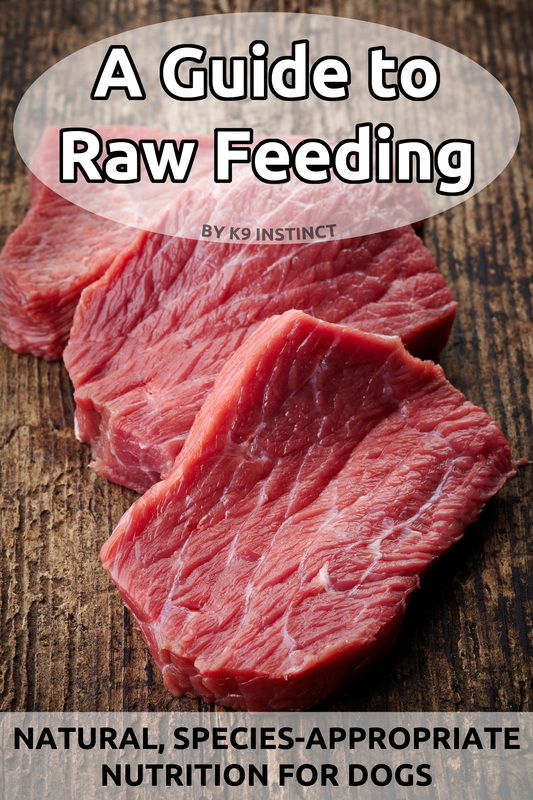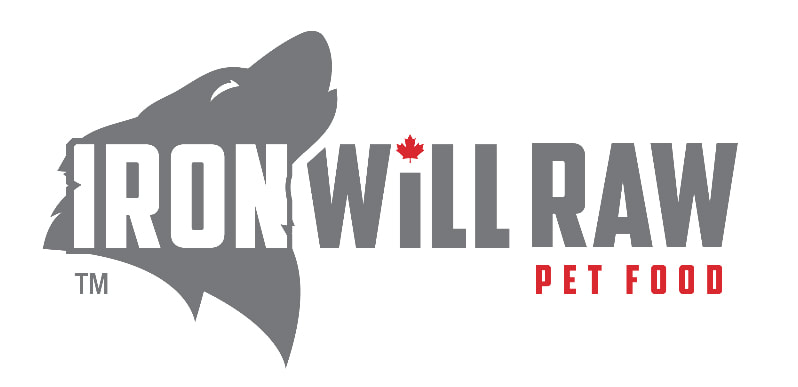There are many factors to take on board when it comes to caring for a pregnant dog, so it’s best to be as informed as possible so that you can use this knowledge to help your four-legged friend during the stages of dog pregnancy
So, before they go and bring some adorable new puppies into the world, here are some top pointers to bear in mind to assist your expectant pooch.
1. Is your dog vaccinated?
Even before your pet is pregnant, it is vital to ensure that she is vaccinated. If they aren’t up to date on her annual vaccines then complications could follow after the pregnancy.
Essentially, when the puppies are born they suckle on their mothers for milk, and in the milk is where the protection comes. However, this will only be able to happen if she has already been fully protected.
Additionally, puppies can contract the herpes virus from their mother so you must make sure that she has had the appropriate vaccination for this while she is pregnant in order to prevent them from becoming infected at birth.
2. Think about diet and nutrition
As soon as the 42nd day of pregnancy arrives, the puppies will then start to develop at a rapid rate; therefore, their mum will have to begin eating puppy food. The reason for this is because puppy food contains more protein and energy than regular adult food and this will benefit her.
Provide your pregnant pooch with three to four smaller meals per day because this will help to prevent discomfort when her puppies press on her stomach.
3. Be on top of worming
When dogs are expecting puppies, they need to be treated with a wormer called Fenbendazole each day. This must start from day 40 of the pregnancy right up until two days prior to the puppies being born.
Doing this will stop the puppies contracting getting worms from their mum when they’re born.
4. Re-evaluate exercise
Even pregnant dogs require exercise. Remember though, they are carrying extra weight and strain on their bodies with these little pups inside of them so it’s important not to go OTT with the physical activity.
Once the 30th day of pregnancy arrives, cut the exercise right back to just short walks so that your mother-to-be doesn’t get too tired.
5. Think about preparing for giving birth (whelping)
Preparing a whelping box for your pregnant pet and putting it in a tranquil space in the home is essential.
Think about where the best place to ‘make a nest’ would be for your dog and her new puppies. Simply get a large box lined with some puppy pads so that you can switch them for clean ones when the inevitable toilet accidents happen, and then fill it with some clean, comfy blankets and towels.
6. The whelping processes
Keep the whelping area as cosy and comforting as you can. You’ll need to keep the room warm so that mum is as relaxed as possible and also so that the puppies don’t fall ill when they are born. The box itself needs to be around 85°F for the first 2-3 days, and then can be lowered to 75-80°F depending on the surrounding temperature.
Doggy labours often begin with mums starting off panting and being generally restless. The contractions will start and you should see a clear fluid come from the vulva which will then be followed by the first puppy of the litter.
The labour can be as short as several minutes but can last up to a few hours. A standard time though is between 20 and 60 minutes between puppies being born.
7. Puppy care considerations
Once the pups are delivered, they’re checked and healthy, they’ll need their first worming treatment at two weeks old.
Take note of the weight of each puppy; you can use kitchen scales for this and then inform the veterinarian so that they can work out how much wormer each pup will have given to them.
The puppies will be ready for weaning at between six and eight weeks old. They need their first vaccine as soon as they reach eight weeks of age. At this time, the vet will also provide them with a general check to ensure they are healthy.
If at any point, during or after the pregnancy, you are concerned with the welfare of your dog of her puppies, you should call the vets immediately.




 RSS Feed
RSS Feed
